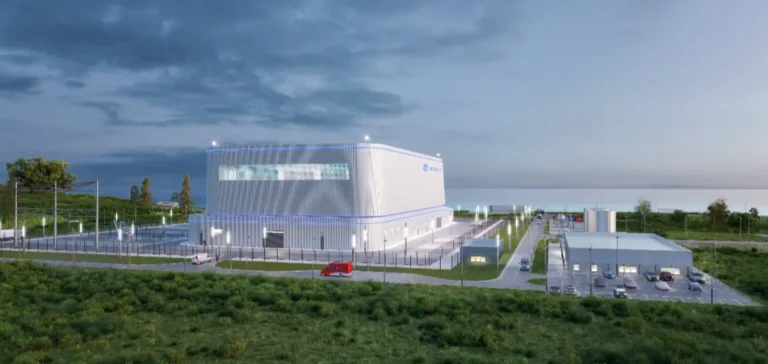The global market for Small Modular Reactors (SMRs) is expected to experience rapid growth over the next decade, according to a report published by Guidehouse Research. Revenues generated by this technology are projected to increase from $375.8 million in 2025 to $8.1 billion in 2034, while annual installed capacity would reach 1,224 megawatts.
A market still in its structuring phase
Guidehouse Research estimates that SMRs will only reach commercialisation once substantial order books are established, leading to the serial production of multiple identical modules. Alex Maranville, Senior Research Analyst at Guidehouse Research, stated that “the SMR market will achieve commercial scale when orderbooks begin to form, obligating production of dozens of the same reactor module.” The report also highlights uncertainties related to costs, timelines and supply chain constraints.
Diversified applications and industrial potential
SMRs stand out for their flexibility, continuous operation and modularity, enabling installed capacity to be adapted according to demand. They could supply power to remote communities, industrial facilities such as hydrogen or chemical producers, as well as data centres and large vessels. According to the report, some Advanced Reactor (AR) technologies could also produce industrial heat, rapidly adjust their output, and store energy.
An expanding global pipeline
Worldwide, around 30 gigawatts of SMR projects are identified at different stages of development, from design to construction. Guidehouse Research points to nearly 60 developers active in this field, some relying on proven nuclear technologies, others seeking to deploy advanced reactors to broaden the range of applications. The Small Modular Reactors and Advanced Nuclear report provides regional segmentation covering North America, Europe, Asia-Pacific, Latin America and the Middle East & Africa.






















